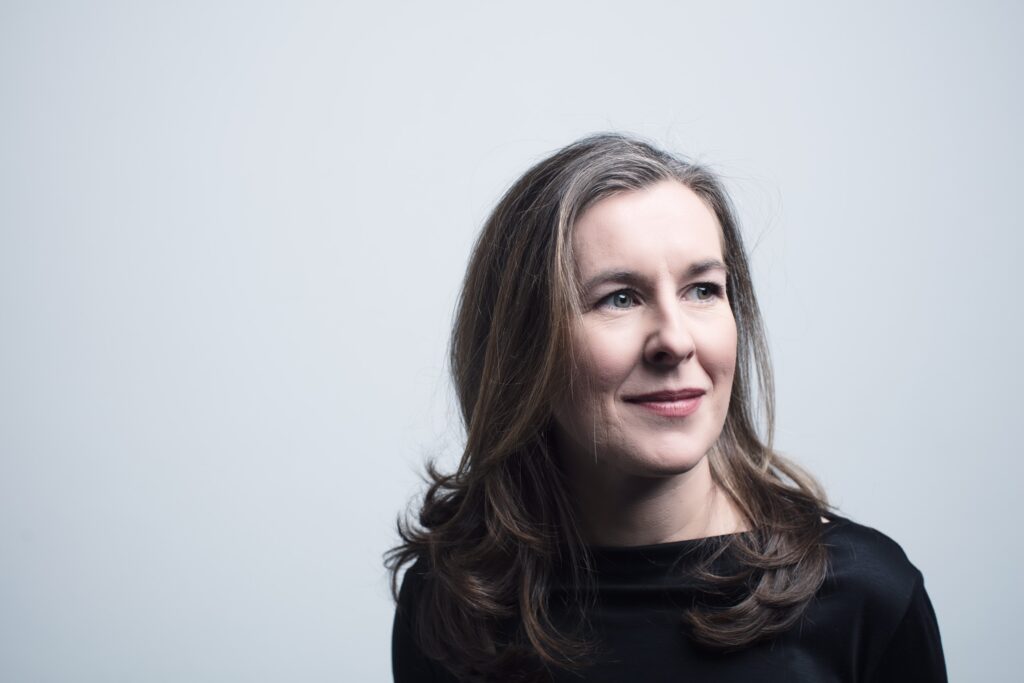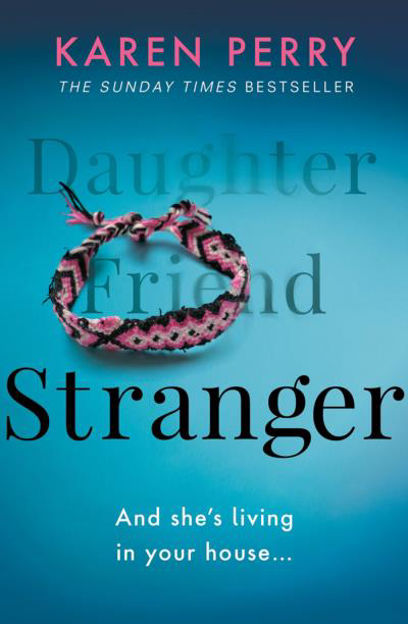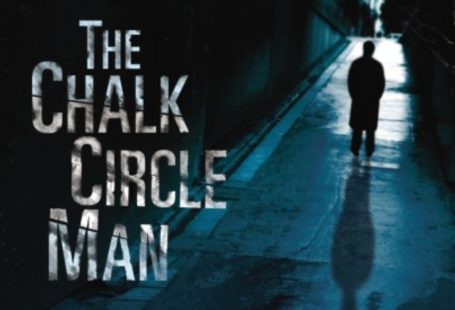I was conducting some background research for my novel Stranger when I came across an old article in The New Yorker about diagnosing mental illness. At one point, it referred to a theory from the 1970’s (a theory that has since been debunked) that the root of schizophrenia was a mother incapable of communicating her love. I read that sentence and my heckles rose.
‘Why are we always blaming mothers?’ I thought.
And then I recalled a conversation I’d had with a child psychiatrist many years before. It had taken place over dinner in a restaurant in Brussels in September 2009. Earlier that summer, the European Union Prize for Literature had been awarded to writers from several countries across Europe – I was the Irish recipient. The dinner that night was a precursor to the official awards ceremony due to take place the following day.
I was nervous. This was partly due to the event but also because it was the first time I had been separated from my baby girl who was then just three months old. I had agonised over whether to bring her with me to Brussels, but at that time SARS was a big threat, so we had decided she should stay at home with my husband. It was only for two days. I can manage that, I’d thought.
But the dinner. We were gathered around the table – the prize-winners and our partners (except mine who was at home in Dublin, holding the baby). I was seated close to the Austrian winner who was also, he told me, a child psychiatrist.
‘What age groups do you treat?’ I asked him.
‘I treat children from zero to eighteen,’ he replied.
‘Zero?’ I said. ‘Why would a baby need a psychiatrist?’
He listed the reasons: because the baby won’t cry or won’t stop crying, because she refuses to sleep or to feed.
He’d spoken matter-of-factly, his concentration divided between our conversation and the food on his plate. But at this point he looked up, held me with his blue gaze and uttered a line I have never forgotten:
‘Of course,’ he intoned, ‘it is always the fault of the mother.’
The words froze my heart. And then a wave of feelings: indignation, regret, fear and a desperate longing to hold my baby close.
I didn’t believe his assertion, then or now. But what I recognised was the heavy weight of responsibility that comes with motherhood. As Philip Larkin wrote: ‘They fuck you up, your mum and dad.’
Guilt weighs heavily on the mind of Abi – the mother in my novel Stranger. She worries about both her daughters but particularly Beth, the youngest, who seems troubled and remote. When Beth is paired with French exchange student, Corinne, Abi is relieved to see their friendship blossom. But when a darker element enters their relationship, and tragedy strikes, Abi must ask herself how much responsibility must she shoulder? Is it really always the fault of the mother?

Karen Perry is the Sunday Times bestselling author of Your Closest Friend, Can You Keep a Secret?, Girl Unknown, Only We Know, Come A Little Closer, and The Boy That Never Was, which was selected for the Simon Mayo Radio 2 Book Club. She lives in Dublin with her family.







Recent Comments